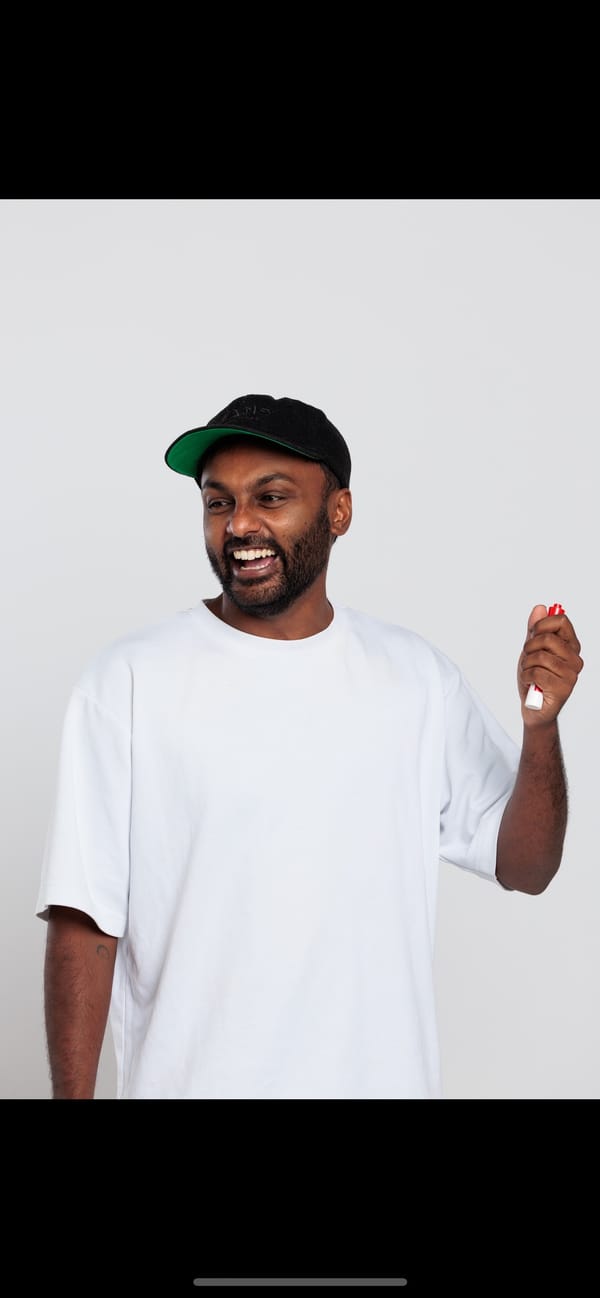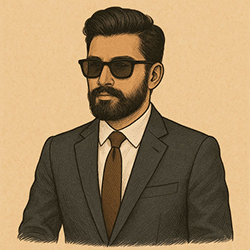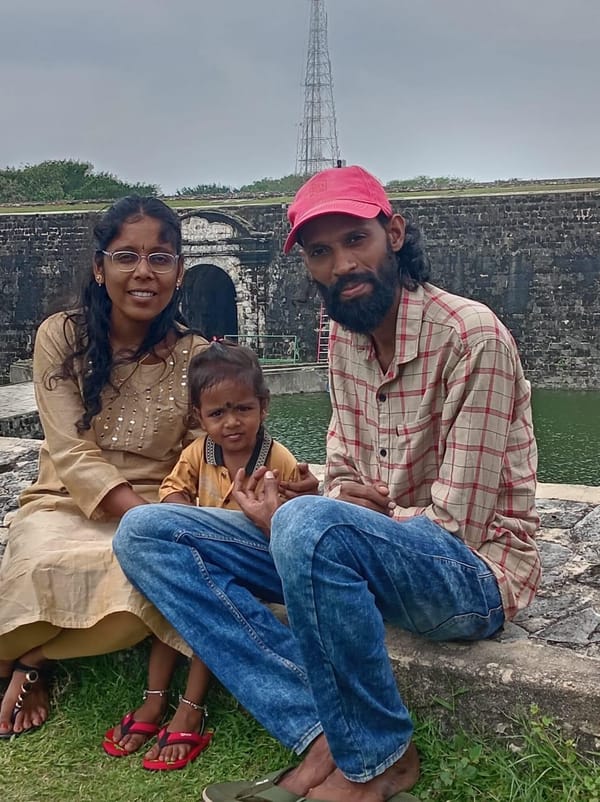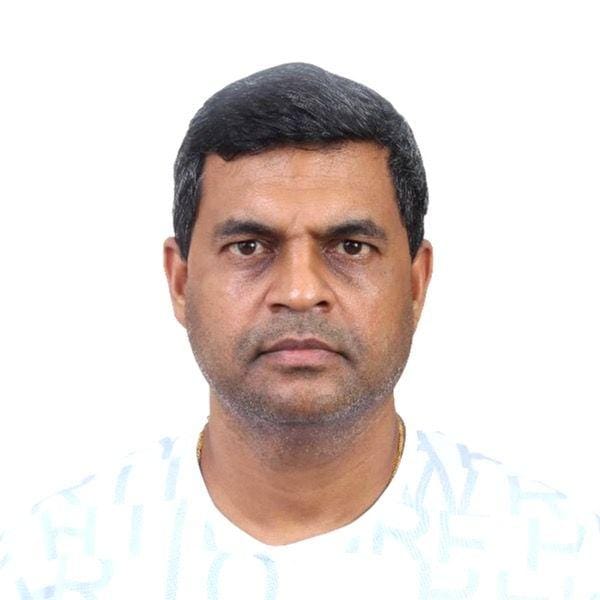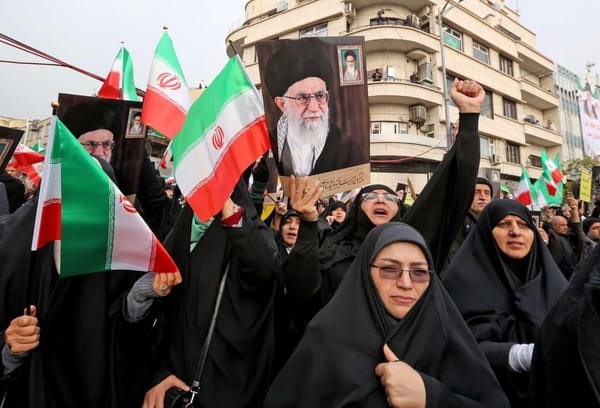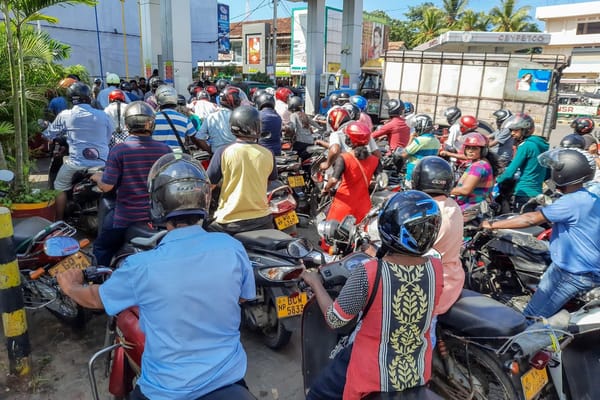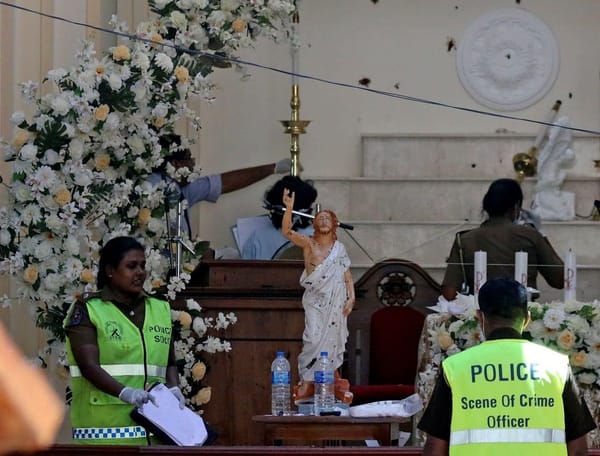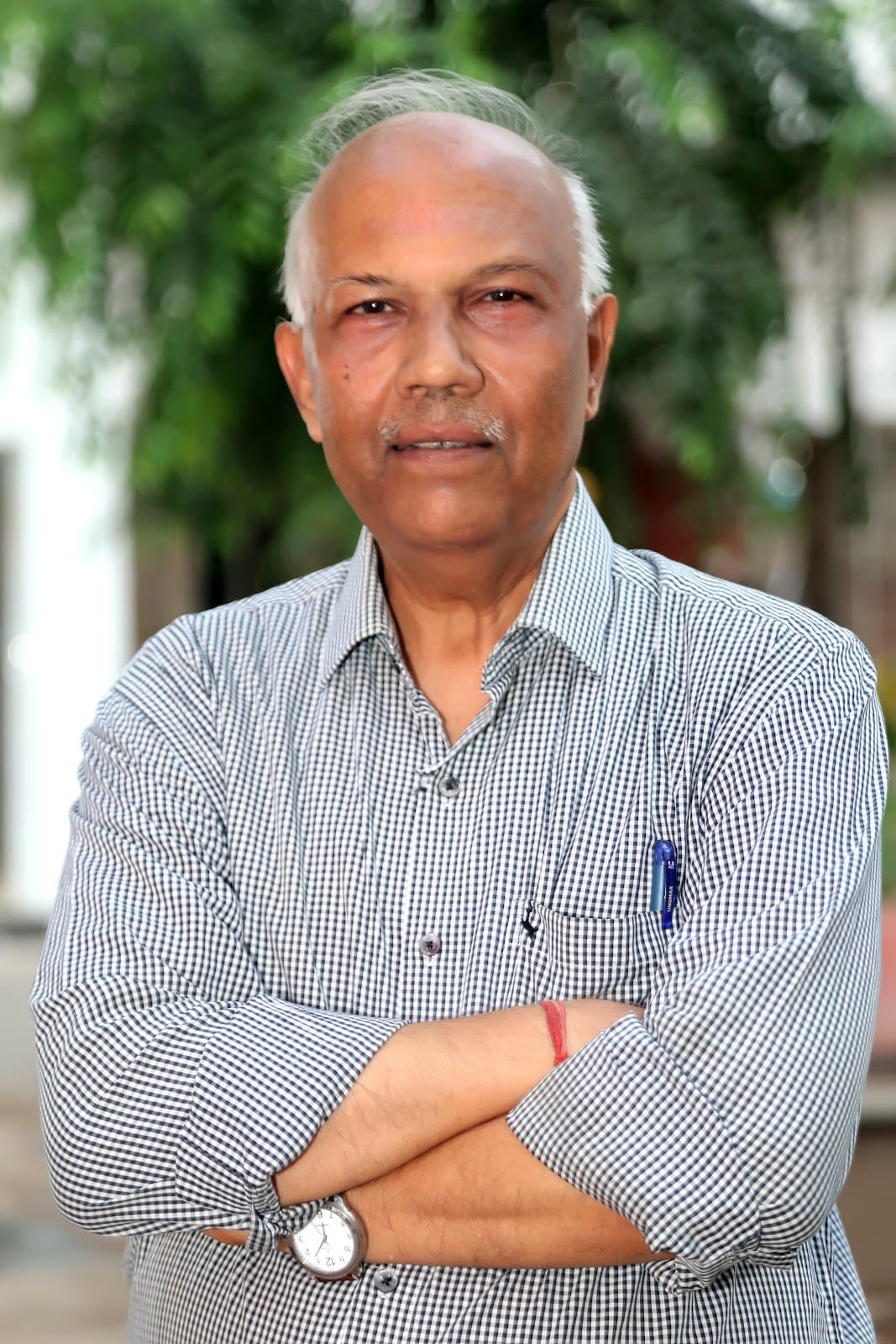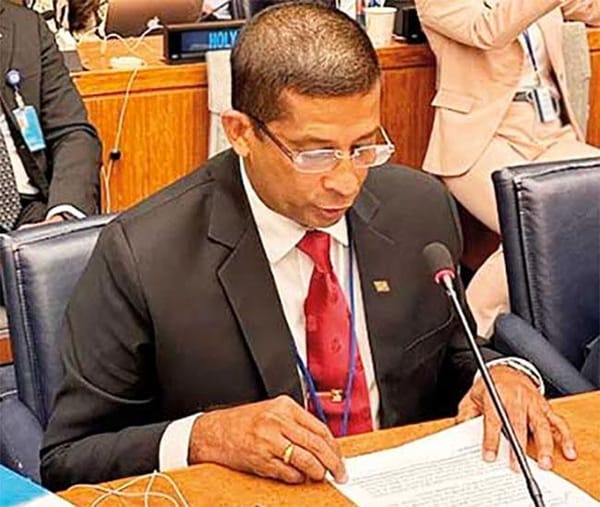When you scroll through your social media feed and burst into laughter at the unapologetically absurd sketches of Yeah Mad, chances are you’re catching a punchline from Sath Nadesan. Or rather, Sathya Nadesan—as he was named at birth.
Born to a Tamil father, Vasanth Nadesan of Kandy, and a Sinhalese mother, Araliya de Silva of Mount Lavinia, Sath grew up straddling identities in Sri Lanka before making his way to Australia. Today, he’s a Sydney-based stand-up comedian, a full-time cast member of the hit Australian comedy show Yeah Mad, and one of the sharpest South Asian voices redefining diaspora humour for a global audience.
Like many from the Sri Lankan diaspora—Tamil, Sinhalese, Muslim, or Burgher—Sath is carving his own space on the world stage, joining the ranks of Booker Prize–winning author Shankari Chandran, genre-bending musician M.I.A., acclaimed novelist Anuk Arudpragasam, and actor-filmmaker Dilan Jay.
Yet Sath hasn’t lost touch with home. A few years ago, he returned to Sri Lanka for an unusual retreat—living for several months in a remote Buddhist monastery in Ingiriya. “My comic timing actually got better after that,” he tells Jaffna Monitor.
In this Jaffna Monitor exclusive, Sath Nadesan opens up about growing up multicultural, why Sri Lankans are naturally funny, and how comedy, in his view, can heal wounds, bridge divides, and offer hope to a fractured nation—and world.
Could you tell us about your family and your Sri Lankan Tamil heritage? Where do your parents come from, and how did that background shape your upbringing?
My dad was Tamil and came from quite a large family, and my mum is Sinhalese—so that makes me a halfie. Dad passed away when I was 12, but he left a huge mark on me. He was hilarious—one of those people who could light up a room. Everyone loved him. He never took life too seriously, and I think that’s where I got my sense of humor from. Even now, I find myself chasing that same energy. He had the ability to make people feel lighter just by being around.
Mum’s been my anchor. She raised me with so much strength, especially after Dad passed. She’s a big reason I’ve been able to pursue a life in comedy, even when it didn’t make sense on paper. She let me follow my dreams, even when others told her not to. She also has a wonderful sense of humor and can make a whole room cry with laughter. I was very lucky to grow up around two people who could see the fun side of life.
Growing up in Australia, I was surrounded by white culture. I didn’t feel connected to my Sri Lankan identity until much later. But as I got older, I began to rediscover my roots. Now, I feel like I’m carrying both my parents’ worlds with me.
The next generation of the Sri Lankan Tamil diaspora is making a mark. How do you view these individual successes in the broader context of the diaspora story?
It’s beautiful to watch. I think about how much my parents sacrificed—leaving behind homes, families, entire lives. And then I see Tamils who have found success overseas, like British singer M.I.A. (Mathangi “Maya” Arulpragasam) and comedian Romesh Ranganathan. They’ve kicked the door open in their own way. I’m sure their parents went through similar struggles when leaving Sri Lanka, and now their kids are out here writing music, doing stand-up, winning awards, and connecting with international audiences. It’s amazing to see.
I feel like every time one of us tells our story, it shows the world that Sri Lankans are hilarious, creative, sharp—and we’re finally getting to show that to the world.
What role has your Sri Lankan heritage played in shaping your worldview—and your sense of humor in particular?
A massive role. Sri Lankans are unintentionally elite comedians. Like, they’ll say the most savage thing in the most polite tone: “You look fat… have you been eating too much?” And it’s not even meant to be mean—it’s just honesty.
Growing up between cultures taught me how to observe, how to adapt, and how to laugh at awkward silences. I think comedy is my way of making sense of that in-between space. That feeling of being too brown for Australia but too Aussie for Sri Lanka? That’s gold. Confusion and discomfort can make for great comedy.
Sri Lankan Tamil parents are often known for encouraging more conventional career paths. Did your family support your decision to pursue comedy from the start, or did you have to win them over by following your passion?
My mum was surprisingly supportive. She was the first person I told that I wanted to follow this dream. I remember doing my very first gig and calling her right after I finished. She was proud that I was doing something I truly wanted, instead of just following others like a sheep. I think, deep down, she saw that it gave me a sense of purpose. She never forced me to fit into a traditional mould—and that’s rare in our community. Even today, she’s still my biggest fan.
My dad would’ve loved it. He was the life of the party. He never took anything too seriously, so I think he would’ve been really proud of me—even if he didn’t understand half my jokes.
When did you first decide—firmly and confidently—that you were going to pursue comedy full-time? And do you remember the first time you made someone truly laugh?
I wanted to be a comedian ever since I was a young boy. I remember doing a class speech at 14 about what I wanted to be when I grew up—and you guessed it, it was all about stand-up comedy. But it wasn’t until 2016, when I was 24, that I finally did my first open mic. I had been scared to try for years, but once I did it, that was it—I was hooked. I had no Plan B. I figured I’d rather fail at something I love than succeed at something that bored me to death.
The first time I made someone laugh? Probably when I was very young, back in school. I was the class clown. All I wanted to do was make people laugh—I had no other interests.
You once wrote about your transformative experience spending time with Buddhist monks in Sri Lanka. Could you tell us more about that journey—what drew you to it, and how it’s shaped who you are today?
That experience cracked me open in the best way. I lived with monks in Sri Lanka for six months—no phone, no Netflix, no Uber Eats. It was tough, but it made me realise I could do anything if I put my mind to it.
I went in thinking I was just going to 'clear my head,' but it turned into a profound journey into stillness and resilience. Comedy and monk life might sound worlds apart, but both are rooted in truth and timing. Monks use silence to understand the world; comedians use it to land a punchline. I genuinely think my timing improved after all those meditation sessions. Being forced to sit with my thoughts gave me so much new material. It made me realise that sometimes, the funniest moments come after the toughest—and quietest—of times.
Do Sri Lankan audiences respond differently to your comedy? And have you felt pressure to “represent” Tamils or the diaspora?
Yeah, definitely. Sri Lankan audiences get the references, the body language—they don’t need the context because they are the context. I often get messages from Sri Lankans saying they love my stuff and that they’re proud to see me succeed because they feel represented.
I do feel that pressure sometimes. It’s like I’m not just telling jokes—I’m holding the mic for an entire diaspora. But I try not to let that weight crush the joy. I’m not trying to be a spokesperson. I’m just trying to make people enjoy themselves, telling stories and jokes that happen to be messy and honest.
As for cultural jokes, I always make sure they come from a good place. If I’m talking about the Sri Lankan experience, it’s always with love. I try never to be mocking.
Has the post-war Sri Lankan Tamil story ever influenced your creative work?
Yeah, even if it’s not always explicit. I carry that story in my DNA. My dad was Tamil, and even though I was born in Australia, sometimes his influence sneaks into my work in ways I don’t expect like a joke that starts off light but ends with a punch of shock or truth. I’m not trying to be a political comic, but I think honesty is political especially when you’re from a community that’s been silenced.
Do you want to perform in Sri Lanka one day, especially in the North or East? What would that mean to you?
That would mean the world. I will be coming to Sri Lanka this December so I’m hoping to perform in the North, East, South wherever will have me! I want to bring laughter to the place I come from and maybe show people there that our stories matter, and they can be joyful too.
What advice would you give a young Tamil, Sinhalese, or Muslim person in Sri Lanka who wants to pursue comedy?
Start! Don’t wait for permission or perfection—just start. Your story is powerful, whether it’s about your school, your town, or your annoying family. It’s comedy because it’s real. And comedy is something we desperately need right now, especially when there’s so much suffering and sadness in the world.
There’s so much room for Sri Lankan voices in global comedy. So go for it—and if you love it, keep going! Don’t compare your journey to anyone else’s. Comedy isn’t a sprint; it’s a weird, wobbly tuk-tuk ride. Laugh through the potholes and enjoy the ride.

